
Charlotte Weir, vice president of hospital success and industry relations for the relief veterinary service Roo, will discuss what makes a clinic or hospital's culture at the 2025 Fetch Kansas City conference.

Charlotte Weir, vice president of hospital success and industry relations for the relief veterinary service Roo, will discuss what makes a clinic or hospital's culture at the 2025 Fetch Kansas City conference.
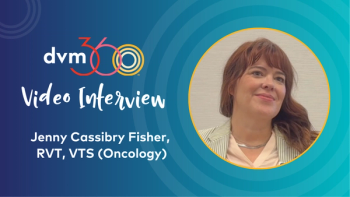
Jenny Cassibry Fisher, RVT, VTS (Oncology), describes one way that patient outcomes can be improved.

The event offers 3.0 CE credits and features 3 hours of interactive activities.
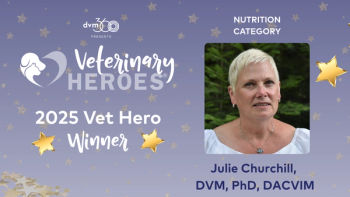
The award winner is a mentor and professor of nutrition at the University of Minnesota College of Veterinary Medicine in St Paul.
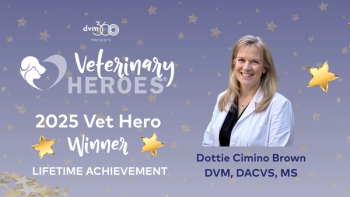
Dottie Cimino Brown, DVM, DACVS, MS, wins the 2025 dvm360 Veterinary Hero Lifetime Achievement Award.
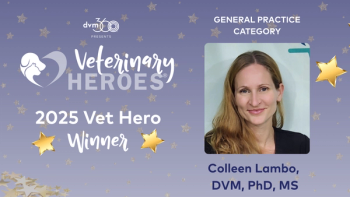
A relief practitioner with Roo, Colleen Lambo, DVM, PhD, MS, ha a passion for conservation work and saving animals in vulnerable situations

Investigators found promise in an injectable moxidectin protocol.
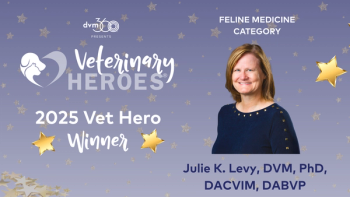
The award winner for feline medicine is director of the shelter medicine program at the University of Florida College of Veterinary Medicine in Gainesville

From wet labs to a women’s symposium, check out all that Fetch Kansas City has to offer
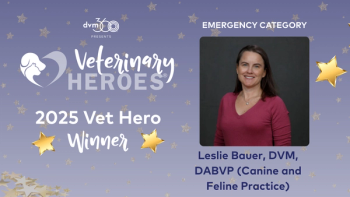
Leslie Bauer, DVM, DABVP (Canine and Feline Practice), wins the 2025 dvm360 Veterinary Hero award in the emergency category.
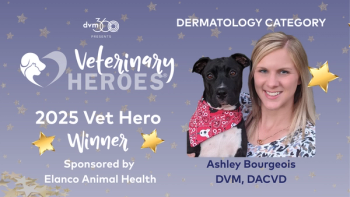
Ashley Bourgeois, DVM, DACVD, wins the 2025 dvm360 Veterinary Hero award in the dermatology category.
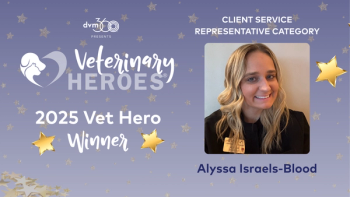
Alyssa Israels-Blood, a dedicated office manager, exemplifies exceptional client service in veterinary care, earning the 2025 Veterinary Heroes Award for her passion and leadership.
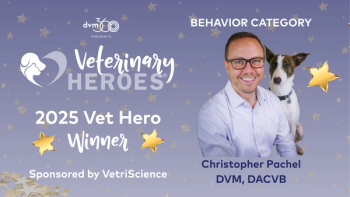
Christopher Pachel, DVM, DACVB, CABC, wins the 2025 dvm360 Veterinary Hero award in the behavior category.

A Fetch conference is ready to launch in National Harbor, Maryland.

Jenny Cassibry Fisher, RVT, VTS (Oncology), provides insights about one way veterinary teams can serve more patients.

From saliva to hunting strategies, ticks use a range of tactics that affect how quickly they can spread disease.

One study showed potential toxicity from coconut oil exposure, according to a session at the 2025 AVMA Convention.

An evidence-based lecture at the 2025 AVMA Convention broke down study findings on various strain-specific probiotics in veterinary medicine.

With small companion animal parasite resistance being an increasing fear, how can professionals tell the difference between resistance and reinfection?

Jenny Cassibry Fisher, RVT, VTS (Oncology), discusses how skilled technicians and assistants can help provide veterinary health services to more patients.
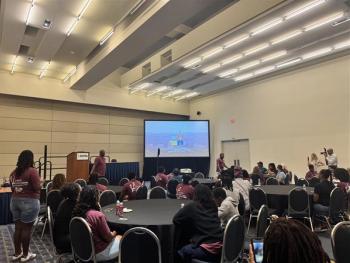
A group of volunteers led by Vernard Hodges, DVM; and Terrence Ferguson, DVM, will educate students in the Washington, DC, area on what it means to be a veterinary professional.
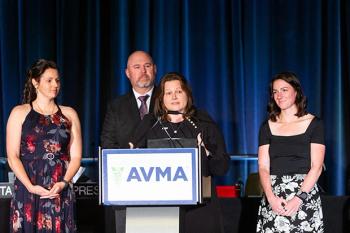
Jennifer K. Quammen, DVM, MPH won against Mary Ergen, DVM, to lead the American Veterinary Medical Association

Plus, the role technicians can play in owner compliance for preventive care
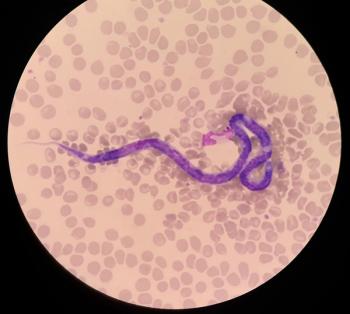
An overview of heartworm disease from a session by Christopher B Adolph, DVM, MS, DACVM (Parasitology) at the 2025 AVMA Convention

Melissa Evans, LVT, CVT, VTS (ECC), educated veterinary technicians how to speak up and out for themselves and their patients during her lecture at the 2025 AVMA Convention

Dive into 3 essential takeaways from the 2025 Fetch dvm360 Conference in Nashville
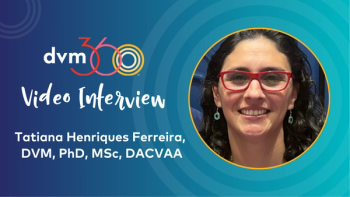
Tatiana Henriques Ferreira, DVM, PhD, MSc, DACVAA, discusses how certain pain management methods affect air and water quality, in a dvm360 interview.

Fifth Annual Awards Honor Veterinary Professionals for Leadership, Compassion, and Lasting Impact
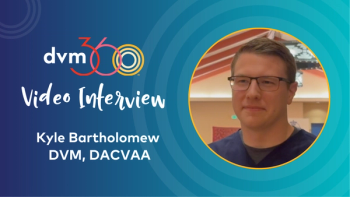
Kyle Bartholomew, DVM, DACVAA, discusses how combining treatment options can lead to improved outcomes.
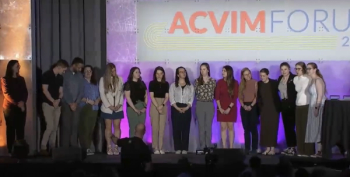
Fifteen honorees were recognized for their investigative work in various specialities.